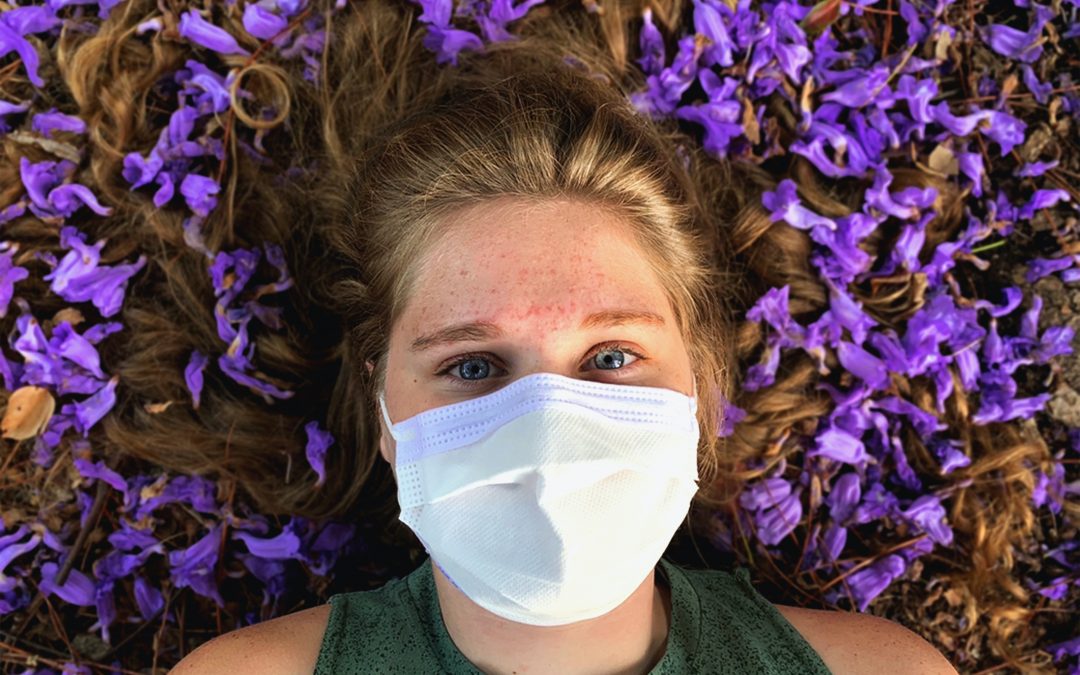Coronavirus is ever-present, a cloud hovering over all of us, and the damage it’s done to our collective mental health is profound. The headline of a just released report from the American Psychological Association (APA) points to that fact and reads: “U.S. Adults Report Highest Stress Level Since Early Days of the COVID-19 Pandemic”.
It doesn’t surprise me.
The cited stressors include political unrest, a shaky economy and the ongoing rising death toll related to COVID-19.
“The survey found that the average reported stress level during the prior month was 5.6, (on a scale from 1 to 10 where 1 means “little to no stress” and 10 means “a great deal of stress”). This is higher than stress levels reported in 2020 Stress in AmericaTM surveys since April. It is therefore no surprise that 84% of adults reported feeling at least one emotion associated with prolonged stress in the prior two weeks. The most common were feelings of anxiety (47%), sadness (44%) and anger (39%). Additionally, 2 in 3 adults (67%) said the number of issues America is facing is overwhelming to them.”
The numbers are as bleak as they are startling, fortunately the APA offers some evidence-based strategies to manage stress which I felt would be appropriate to share with this group:
- Give yourself permission to take a break from the news, social media or even certain friends. Constantly exposing ourselves to negative information, images and rhetoric maintains our stress at unhealthy levels.
- Practice the rule of “three good things” and ask friends and family to do the same. The rule states that at the end of each day, reflect on three good things that happened — large or small. This helps decrease anxiety, counter depression and build emotional resiliency.
- Practice self-care in 15- or 30-minute increments throughout the day. This can include taking a short walk, calling a friend or watching a funny show. Parents should encourage or help their children to do the same.
- Stay connected with friends and family. This helps build emotional resiliency so you can support one another.
- Keep things in perspective. Try to reframe your thinking to reduce negative interpretations of day-to-day experiences and events.
The suggestions are spot on and as a fellow health professional, I wholeheartedly endorse each one.
In addition to the APA, the Centers for Disease Control and Prevention – also recognizing the widespread stress due to COVID-19 – recently put together a list of recommendations on how to handle it as well. On top of echoing the advice on taking breaks from the news and the deep breaths, they furthermore noted the importance of getting good sleep and incorporating regular physical activity.
Take a moment to consider your own routine, are you personally incorporating any of these strategies? Anything you might add or you’d support family members or friends doing to help reduce the stress of the present moment?
Feeling anxious in a time of deep uncertainty like this is normal but it’s essential to find healthy ways to cope with that anxiety and panic rather than internalizing it and letting it control you. Be it one of the many relaxation techniques out there, a breathing exercise or even support groups, taking just 30 minutes for yourself can do wonders for your mental state.
At the end of the day, negative thoughts will persist until you actively work against them.
Keeping stress levels in check and dealing with anxiety is even more critical if you’re already living with a mental health condition because elevated stress can exacerbate existing mental illness. Moreover, carrying an abundance of stress can lead to panic attacks and manifest in physical symptoms like headaches, stomach problems as well as aches and pains.
As the CEO of the APA notes, “without addressing stress as part of a national recovery plan, we will be dealing with the mental health fallout from this pandemic for years to come.”
I’d agree with that one as well. If you’re having trouble keeping the stress down in these trying times, please don’t hesitate to reach out.
If you would like to learn more about Pacific Rehabilitation Centers, please read more about us or contact us.
~ Trevor Davis, Psy.D., ABPP
